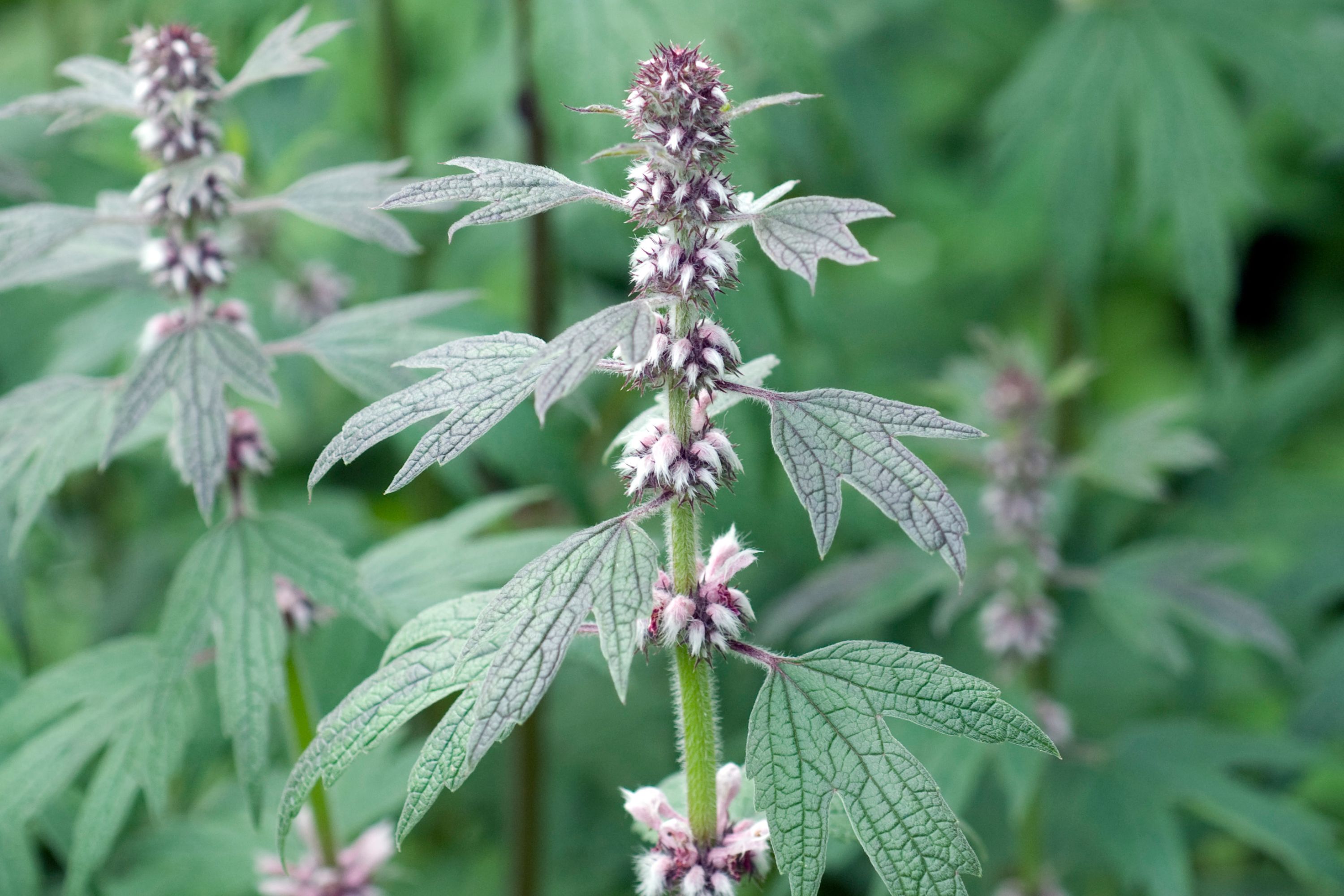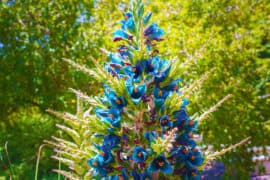Motherwort
(Leonurus cardiaca)

Description
Leonurus cardiaca is a medicinal plant commonly known as motherwort. This plant belongs to the mint family, Lamiaceae. Motherwort has been used in traditional medicine for many centuries to treat various ailments such as anxiety, menstrual cramps, and heart problems. This article will provide a detailed description of Leonurus cardiaca, its history, uses, and medicinal properties. Taxonomy and Description: Leonurus cardiaca is a perennial plant that can grow up to 1.5 meters tall. The leaves are deeply lobed, resembling the shape of a hand, with toothed edges. The plant produces small pink or purple flowers that bloom from June to September. The flowers grow in clusters on the stem and are shaped like small tubes. The plant has a distinctive odor that is similar to mint. The genus name, Leonurus, comes from the Greek words "leon" which means lion, and "oura" which means tail, referring to the long, pointed leaves. The species name, cardiaca, comes from the Latin word "cardiacus," meaning heart. The name motherwort comes from its traditional use as a remedy for women's reproductive issues. History: Motherwort has been used in traditional medicine for many centuries. The ancient Greeks and Romans used motherwort to treat heart problems and anxiety. In Traditional Chinese Medicine, motherwort is known as yi mu cao and is used to regulate menstrual cycles, treat postpartum bleeding, and ease anxiety. Motherwort was also used in medieval Europe to treat women's reproductive issues, hence its common name. Uses: Motherwort is primarily used to treat heart problems and anxiety. It has a calming effect on the nervous system and can help reduce anxiety and stress. It is also used to treat menstrual cramps and other menstrual issues. In Traditional Chinese Medicine, it is used to promote blood circulation, reduce inflammation, and treat liver and kidney diseases. Medicinal Properties: Motherwort contains several medicinal compounds such as leonurine, stachydrine, and rutin. These compounds have been found to have various pharmacological effects, including: Antioxidant: Motherwort contains high levels of antioxidants that help protect the body against free radicals and oxidative stress. Anti-inflammatory: Motherwort has anti-inflammatory properties that help reduce inflammation in the body, which can help reduce pain and swelling. Cardiovascular: Motherwort has been shown to have a positive effect on the cardiovascular system, including reducing blood pressure, improving blood flow, and reducing the risk of blood clots. Nervous system: Motherwort has a calming effect on the nervous system, which can help reduce anxiety and stress. Reproductive system: Motherwort is commonly used to treat women's reproductive issues, including menstrual cramps, irregular periods, and menopausal symptoms. Dosage and Administration: Motherwort is available in various forms, including teas, tinctures, capsules, and extracts. The recommended dosage varies depending on the form of the product and the condition being treated. It is important to consult with a healthcare professional before taking motherwort. Side Effects: Motherwort is generally considered safe when taken as recommended. However, some people may experience mild side effects such as nausea, dizziness, and headaches. It is not recommended for pregnant women, as it may cause uterine contractions. Conclusion: Motherwort is a medicinal plant that has been used for many centuries to treat various ailments, including heart problems, anxiety, and menstrual issues. It contains several medicinal compounds that have been found to have various pharmacological effects, including antioxidant, anti-inflammatory, cardiovascular, nervous system, and reproductive system. Motherwort is available in various forms, and the recommended dosage varies depending on the form of the product.
Taxonomic tree:







